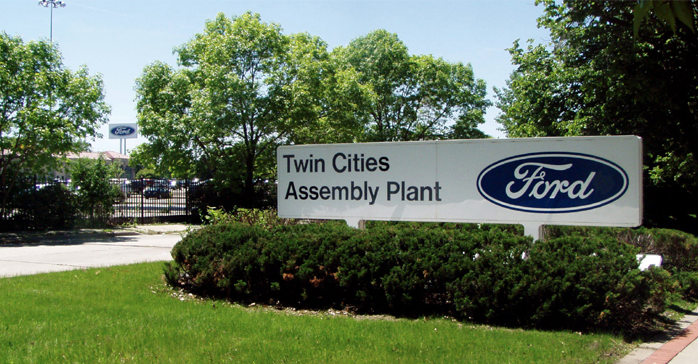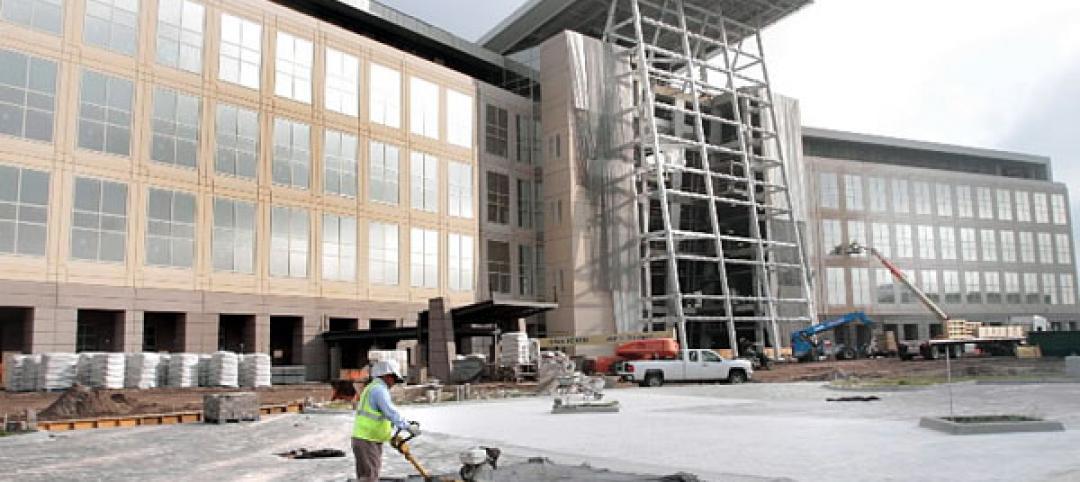Plans for an ambitious net-zero village on the site of the former Ford Twin Cities Assembly Plant in St. Paul, Minn., have generated extensive support among environmentalists.
The development would become one of the first net-zero energy communities in America, with all the power consumed generated from renewable sources on site. The neighborhood would use one of the first aquifer thermal energy storage systems in the U.S., which would pump groundwater from aquifers to heat and cool buildings.
Opposition from a group organized by neighbors in the adjoining Highland Park village of mostly single-family homes is centered on concerns over traffic, a change to the neighborhood’s character, and the threat of environmental pollution at a nearby dump site. A rival grassroots group emerged last summer to support the plan.
The debate often broke along generational lines, with older people opposed to the project and younger people interested in living there. The city council has voted to reduce height limits for new residential construction from 10 stories to six.
Related Stories
| Feb 19, 2014
USGBC introduces new online educational platform
The U.S. Green Building Council has introduced “Education @USGBC” a new educational platform.
| Feb 17, 2014
Channeling weather forecasts to building systems can yield significant energy savings
Using weather forecasts to predict outdoor temperature changes can lead to significant energy savings, exceeding 10%, researchers say.
| Feb 17, 2014
Lawmakers may take away control of Florida hospital project from the VA
The project is $100 million over budget and has missed its scheduled completion date.
| Feb 17, 2014
Business, labor at odds over toughening of OSHA silica dust rule
OSHA says the rules will protect workers and prevent 700 fatalities annually. Others say the rules would hurt businesses and jobs.
| Feb 17, 2014
Tulsa, Okla., mulls code change to require storm shelters in new schools
State and city officials are pushing for increased bonding capacity to pay for the storm shelters.
| Feb 13, 2014
Appraisal Institute issues guidelines on evaluating green property
The Appraisal Institute and the Institute for Market Transformation have issued guidelines for training property appraisers to evaluate green buildings.
| Feb 7, 2014
New LEED Dynamic Plaque system will measure building performance
The U.S. Green Building Council recently unveiled the LEED Dynamic Plaque, which is a new system designed for benchmarking and comparing post-occupancy building performance on a global scale.
| Feb 7, 2014
Los Angeles officials struggle to deal with needed seismic retrofits
Sixteen years ago, the Los Angeles City Council decided against requiring retrofits of existing buildings because of the projected cost and the threat of losing 20,000 apartment buildings.
| Feb 7, 2014
Los Angeles officials struggle to deal with needed seismic retrofits
Sixteen years ago, the Los Angeles City Council decided against requiring retrofits of existing buildings because of the projected cost and the threat of losing 20,000 apartment buildings.
| Feb 7, 2014
EPA, Freddie Mac collaborate on energy- and water-efficient apartments
Freddie Mac will gather data on energy and water use from property owners, and encourage lenders to spend on energy-efficient investments for multifamily housing.











